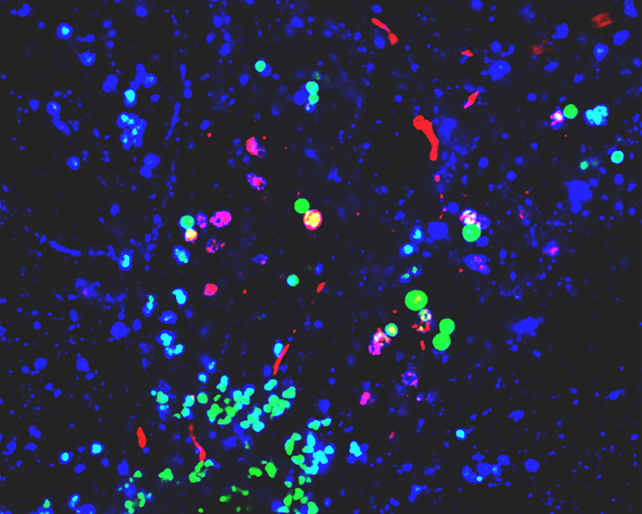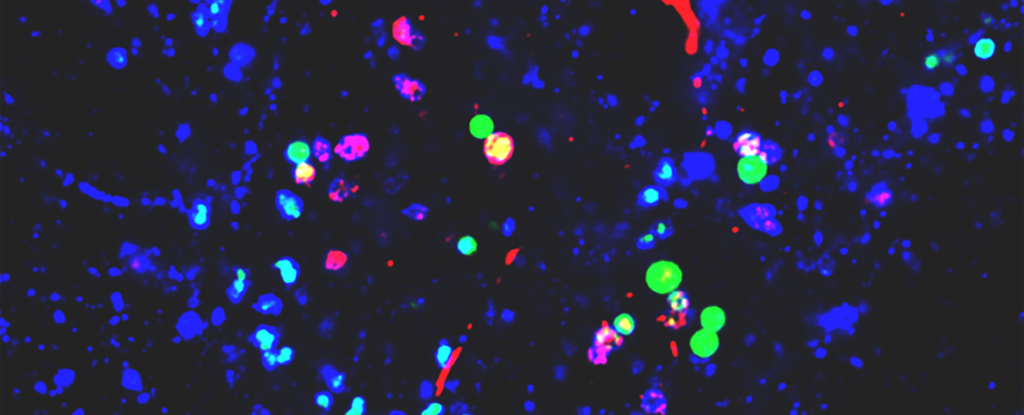Plastics are posing a serious threat to our environment and potentially to our health as well – with the smallest particles now being linked to modifications in brain proteins associated with specific types of dementia, including Parkinson’s disease.
Researchers from Duke University in the US have found a connection between nanoplastics derived from polystyrene and the protein alpha-synuclein.
Prior studies have indicated an accumulation of abnormal forms of this protein in the brains of individuals with Parkinson’s.
“Parkinson’s disease is considered the fastest-growing neurological disorder globally,” stated neurobiologist and senior author Andrew West from Duke University. Source

“Several lines of evidence indicate that environmental factors might significantly impact Parkinson’s disease, but such factors have not been conclusively identified,” West explained.
In three different types of experiments – in solutions, in cells cultured in the lab, and in mice genetically predisposed to developing a condition similar to Parkinson’s – the presence of plastics attracted unusually large clumps of alpha-synuclein.
Of particular interest were the strong chemical bonds formed between the nanoparticles of polystyrene and the alpha-synuclein protein, especially in cell lysosomes, where waste disposal is managed.
This suggests that plastics disrupt the natural cleaning process in neurons, which highlights the link to Parkinson’s and similar diseases.
It is important to note that these are preliminary findings, and no studies have been conducted in humans yet. The connection between nanoplastics and alpha-synuclein is not yet clear, nor is the relationship between alpha-synuclein accumulation and dementia.
It is worth noting that alpha-synuclein is believed to play a crucial role in maintaining the health of the brain’s neurons – it is only when the protein becomes distorted or misfolded that issues arise. However, determining whether this is a cause or a symptom of diseases like Parkinson’s is proving to be difficult.
This study demonstrates that nanoplastics affect protein levels. The next step is to further investigate this phenomena – and this might require new technologies capable of monitoring plastic levels and their chemical interactions at the smallest scales.
It is already known that most individuals are carrying microscopic plastic particles in their blood. Understanding how this impacts our health will be a crucial area of research in the future.
“While microplastic and nanoplastic pollutants are being closely examined for their potential impact on cancer and autoimmune diseases,” indicated West, “the notable interactions observed in our models suggest a need to evaluate the increasing presence of nanoplastic pollutants in relation to Parkinson’s disease and dementia risk and progression.”
The research has been reported in Science Advances.


